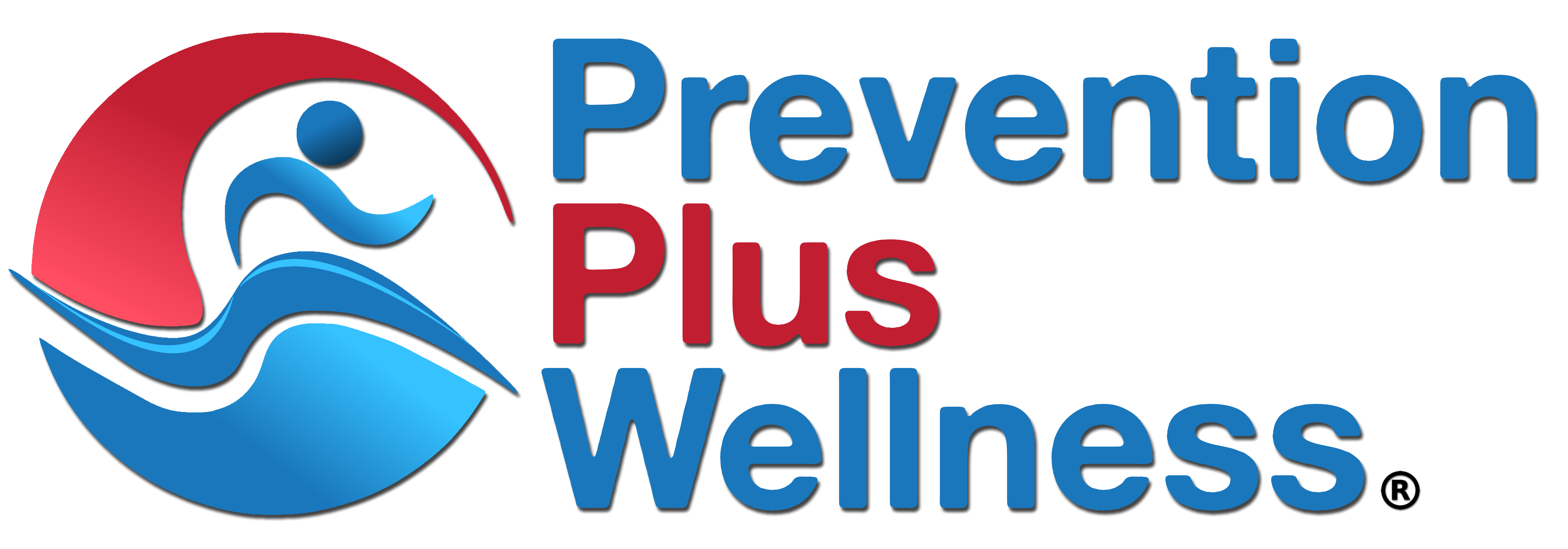A new study published in the Journal of Adolescent Health (2023) examined the associations between adherence to 24-HMG (recommendations of time distribution among sleep, screen use, and moderate to vigorous physical activity (MVPA)) with mental wellbeing and mental illness among 67,281 Chinese adolescents aged 10-17 years old.
Only 1.7% of participants met recommendations for all three behaviors (sleep, screen use, and MVPA).
Meeting 24-HMG was associated with superior mental health, including a higher propensity for mental wellbeing and a lower risk of mental illness.
The relationship between the number of recommendations met with mental well-being and mental illness indicators presented a dose-response pattern, particularly for sleep and limiting screen time.
The key implication of this study is that by promoting more sleep and less screen time behavioral health specialists can promote mental health and prevent mental illness among adolescents.
Integrating sleep and screen time into youth mental health promotion and substance use prevention programs is needed.
Read the entire research abstract: https://www.sciencedirect.com/science/article/abs/pii/S1054139X22010047

